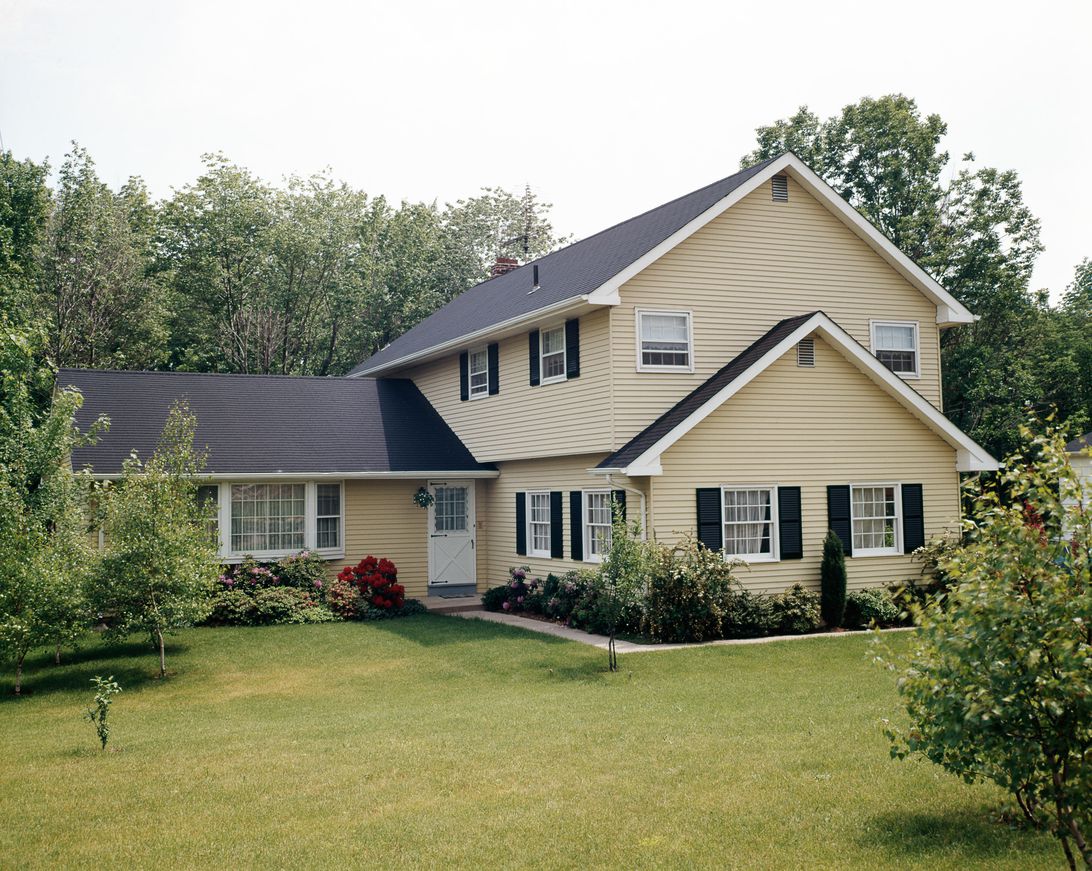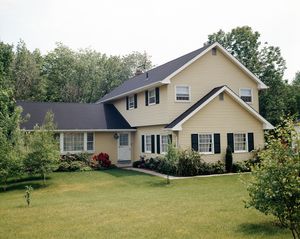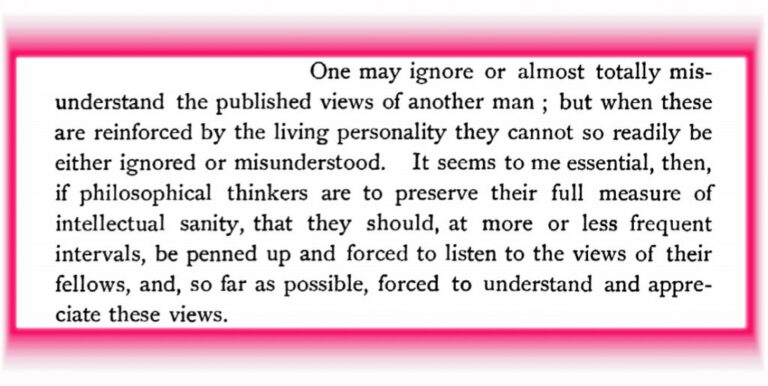
The average rate for a 15-year, fixed mortgage is 2.50%, which is a decrease of 2 basis points from seven days ago. Compared to a 30-year fixed mortgage, a 15-year fixed mortgage with the same loan value and interest rate will have a larger monthly payment. But a 15-year loan will usually be the better deal, if you’re able to afford the monthly payments. You’ll usually get a lower interest rate, and you’ll pay less interest in total because you’re paying off your mortgage much quicker.
30-year fixed-rate mortgages
One important factor to consider when choosing a mortgage is the loan term, or payment schedule. The loan terms most commonly offered are 15 years and 30 years, although you can also find 10-, 20- and 40-year mortgages. Mortgages are further divided into fixed-rate and adjustable-rate mortgages. The interest rates in a fixed-rate mortgage are set for the duration of the loan. Unlike a fixed-rate mortgage, the interest rates for an adjustable-rate mortgage are only fixed for a certain amount of time (typically five, seven or 10 years). After that, the rate changes annually based on the current interest rate in the market.
15-year fixed-rate mortgages
Bring your home up to speed with the latest on automation, security, utilities, networking and more.
5/1 adjustable-rate mortgages
When you are ready to apply for a loan, you can reach out to a local mortgage broker or search online. In order to find the best home mortgage, you’ll need to take into account your goals and current finances. Things that affect what mortgage rate you might get include: your credit score, down payment, loan-to-value ratio and your debt-to-income ratio. Generally, you want a higher credit score, a larger down payment, a lower DTI and a lower LTV to get a lower interest rate. Besides the interest rate, factors including closing costs, fees, discount points and taxes might also factor into the cost of your home. Be sure to talk to multiple lenders — including local and national banks, credit unions and online lenders — and comparison shop to find the best loan for you.
Mortgage rate trends
The 30-year fixed-mortgage rate average is 3.19%, which is a decrease of 5 basis points as seven days ago. (A basis point is equivalent to 0.01%.) Thirty-year fixed mortgages are the most common loan term. A 30-year fixed rate mortgage will usually have a smaller monthly payment than a 15-year one — but usually a higher interest rate. Although you’ll pay more interest over time — you’re paying off your loan over a longer timeframe — if you’re looking for a lower monthly payment, a 30-year fixed mortgage may be a good option.
Average mortgage interest rates
| Product | Rate | Last week | Change |
|---|---|---|---|
| 30-year fixed | 3.19% | 3.24% | -0.05 |
| 15-year fixed | 2.50% | 2.52% | -0.02 |
| 30-year jumbo mortgage rate | 2.74% | 2.74% | N/C |
| 30-year mortgage refinance rate | 3.16% | 3.21% | -0.05 |
A variety of important mortgage rates sunk lower today. The average interest rates for both 15-year fixed and 30-year fixed mortgages dropped. The average rate of the most common type of variable-rate mortgage, the 5/1 adjustable-rate mortgage, also fell. Although mortgage rates are always moving, they are quite low right now. Because of this, right now is a great time for prospective homebuyers to get a fixed rate. Before you buy a house, remember to think about your personal needs and financial situation and shop around for multiple lenders to find the best one for you.
How to find personalized mortgage rates
We use information collected by Bankrate, which is owned by the same parent company as CNET, to track daily mortgage rate trends. This table summarizes the average rates offered by lenders across the US:
How does the loan term impact my mortgage?
Rates as of Dec. 24, 2021.
A 5/1 ARM has an average rate of 3.18%, a decrease of 6 basis points from the same time last week. With an ARM mortgage, you’ll typically get a lower interest rate than a 30-year fixed mortgage for the first five years. However, since the rate adjusts with the market rate, you could end up paying more after that time, as described in the terms of your loan. For borrowers who plan to sell or refinance their house before the rate changes, an adjustable-rate mortgage may be a good option. If not, changes in the market could significantly increase your interest rate.






